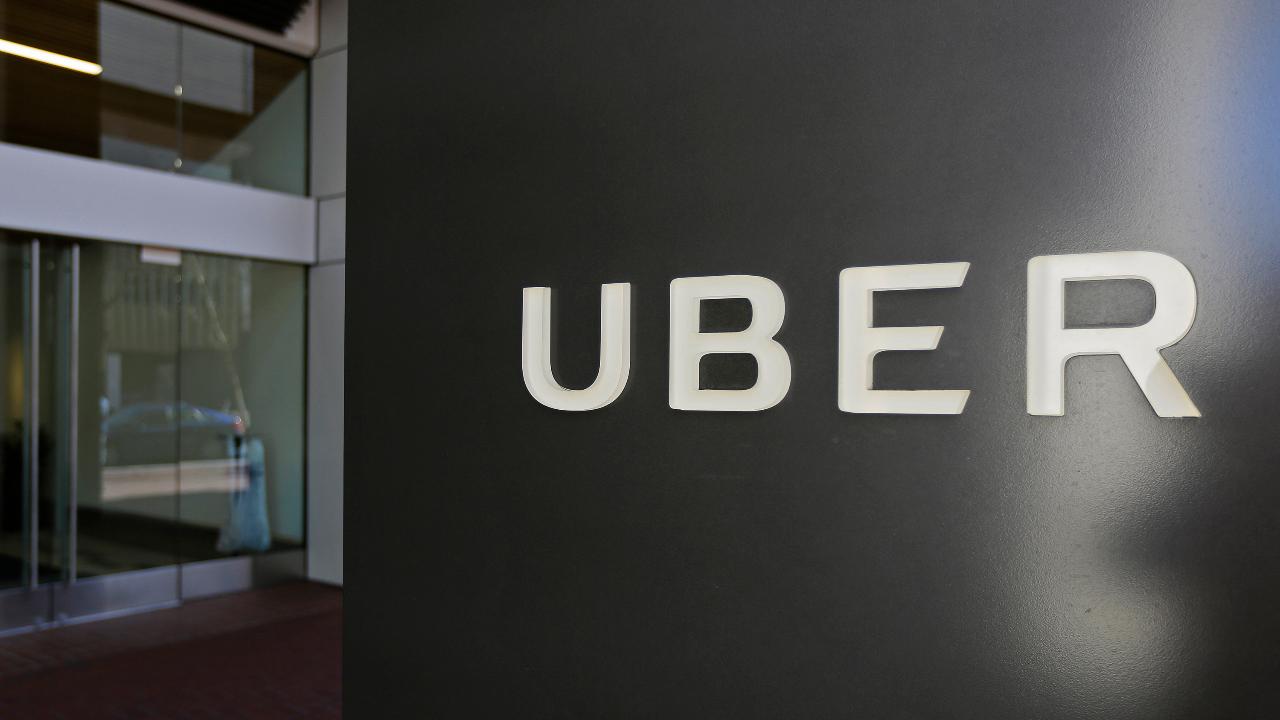How clean is your Uber or Lyft? Study finds ride-shares full of germs
Ever wonder, when ordering a Lyft or Uber, how clean the vehicle picking you up actually is before you hop in the back seat?
Well, a new study, Driving with Germs, found that a ride-sharing vehicle has significantly more germs compared to a rental vehicle or a taxi -- and even more than a toothbrush holder, coffee reservoir and toilet seat.
Uber and Lyft did not respond to requests for comments.
For the study, NetQuote -- an insurance provider -- took swabs of multiple surfaces in nine different vehicles to compare the number of germs in ride-sharing vehicles, rental vehicles and taxis. Rideshares yielded the highest bacteria levels, with more than 6 million “colony-forming units” (CFU) of bacteria per square inch on average. Rental cars, meanwhile, average about 2 million CFU per square inch. Taxis had an average of just over 27,000 CFUs per square inch.
Certain parts of the vehicles contained different levels of bacteria. For instance, in the rideshare vehicles, the window buttons were “the worst when it comes to germs,” the study found. Those buttons had more than 5 million CFU per square inch on the tiny buttons. The seatbelts also contained high levels of bacteria, with more than 1 million CFU per square inch.
Door handles, interestingly, were the cleanest surfaces, with only 1,810 CFU per square inch.
“It’s only natural that a vehicle with an ever-changing roster of occupants would yield more bacteria than your own car,” the study concluded. “And our study revealed that more bacteria than you’d expect may lurk in some rideshare vehicles and rental cars, while taxis may err on the side of fewer germs. But our results don’t mean you should give up these vehicles altogether – in fact, you can easily take certain steps to protect yourself from a potential illness.”
CLICK HERE TO GET THE FOX BUSINESS APP
Riders worried about the presence of germs could, for example, in a rental car wipe down key surfaces, like the steering wheel and gear shift. Riders using apps like Lyft and Uber should avoid touching their face and putting their hands in their pockets until they have a chance to wash their hands.




















